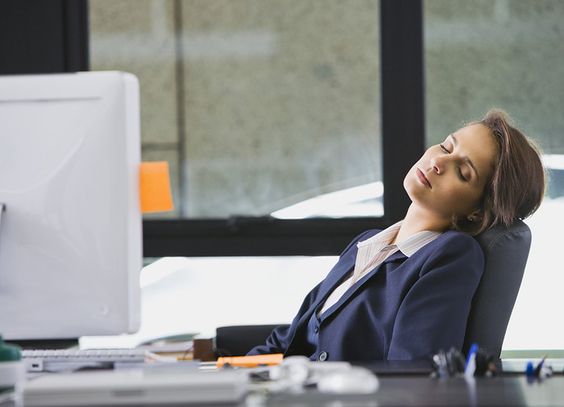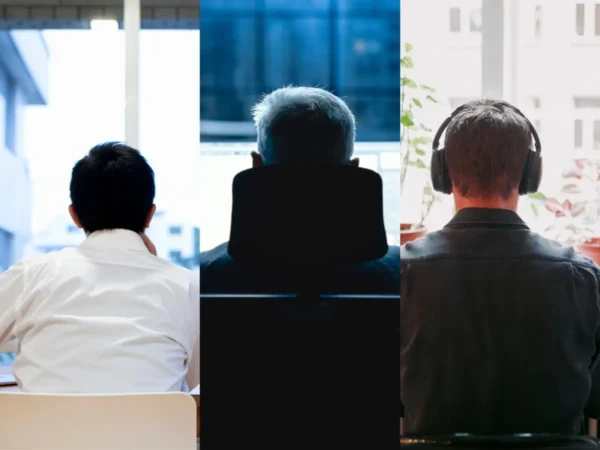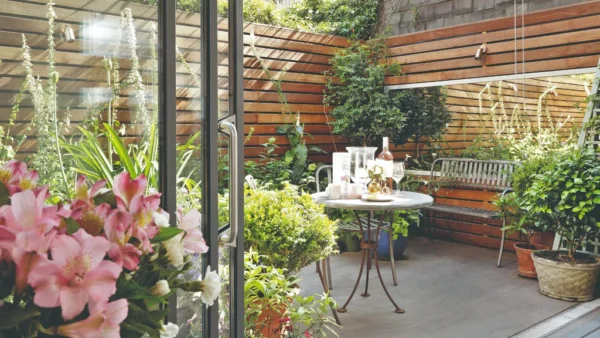
4 Ways London’s Businesses Can Wake Up to the Benefits of Sleep
Successful business people run on coffee, not sleep. At least that’s what articles listing famous examples including PepsiCo’s Indra Nooyi and Yahoo CEO Marissa Mayer, would have us believe. However it could well be sleep, or lack thereof, that is holding us back at the office.
A third of people in the UK suffer from poor sleep, with stress, computers and taking work home often blamed. A 2015 European study by the Rand Corporation found that “staff who slept less than seven to eight hours per night experienced significantly more productivity loss compared to employees who slept more than eight hours.”
In the UK, worry over a lack of sleep is keeping people up at night. A recent survey of 1,000 people aged 18 and over, found that 37% of Britons said they did not get the right amount of sleep.
Fortunately innovative businesses are starting to open their eyes to the benefits of sleep by introducing office nap rooms. Is it about time London’s businesses did the same?
1. Stop idolising insomniac:
The effect of lack of sleep on productivity is well documented, but other than that, sleep deprivation is also associated with impaired decision making. Not getting enough hours sleep at night can have grave ramifications for both our home and work life. However, the phrase ‘great men don’t need sleep’ is often perpetuated by the business community.
The Wall Street Journal have even discussed the idea of a ‘sleepless elite’, a group of people comprising of anything from 1 to 3% of the population that thrive on 3 to 4 hours sleep. Some of the press would have you believe that these people, many of whom are business leaders, are more successful than you, slimmer than you and quite possibly even less tired than you.
Whether the idea of a sleepless elite is exaggerated or not, one thing is for certain; the rest of us aren’t getting enough sleep. The the average office worker in the UK is under-sleeping by about an hour a night, losing the equivalent of an entire night’s sleep a week, a survey for the Royal Society for Public Health (RSPH) has found.
If you work in an office, you need as much sleep as anyone and there are steps you can take to get a better sleep. Not getting enough zzzs is nothing to be bragging about, in fact, one thing we all need to stop doing is seeing sleep as a weakness and linking insomnia with good business acumen.
2. Take a NASA nap:
Business people need to embrace more sleep, but if your employer is working you into the ground that is easier said than done. Some of the world’s most innovative businesses are embracing nap rooms. Here colleagues can have afternoon naps together, although on separate beds, in specially designed sleep rooms.
Although many businesses in the UK are along way off sleeping pods, there is a lot to be said for the power nap. According to The National Sleep Foundation, a 20 to 30 minute nap “provides significant benefit for improved alertness and performance without leaving you feeling groggy or interfering with nighttime sleep.”
A NASA study on sleep found that astronauts who took 26 minute naps became more productive. Since the results were so out this world, the “NASA nap” is now common practice among pilots making international flights.
In London, there are now companies installing ‘sleep pods’ in offices. Podtime, a company based in the capital, sells the pods to businesses in 11 different countries including the UK. In the past, city workers could rent the pods by the half hour, however Podtime has since moved into sales and manufacturing.
3. Embrace flexible working:
Obviously, not all London-based businesses have the money or space to invest in nap rooms, in fact, in London many small businesses can’t even afford an office space. Fortunately, this could well be part of the sleep solution.
Working from home can actually boost productivity. Many entrepreneurs and business people are using flexible working, spending some days working from a serviced office or co-working space and the rest of the time from home.
Serviced offices are a great way to divide your time between home and work, and as some are availble for a small amount of time and accessible throughout the day and night, you can work to your own schedule.
London-based workspace providers, i2 Office explain how serviced offices can provide an answer to the sleep conundrum where traditional offices can’t. They state that “Whether you’re worklife is dependent on a good 8 hour sleep or very strong coffee, serviced offices are accessible 24 hours a day, allowing workers of all sleeping patterns to work to the best of their abilities.”
4. Put away the tech and the coffee:
Balancing work and home life can be a difficult juggling act, and sleep can often be effected. Including switching off work emails once you get home on a night, similarly avoid caffeine after midday.
Believe it or not, it is important not to rely on coffee as a pick me up, According to the NHS, coffee “may boost your energy and concentration temporarily, but can disrupt your sleep patterns even further in the long term.”
Not switching off, from emails, laptops and work phones, is another common cause of a bad night’s sleep. What’s worse, is studies have found that answering late night emails can actually have a negative effect on your work.
Fortunately, businesses are slowly waking up to the advantages an extra few hours in bed can bring. Insurance group Aetna, pays its staff to get a good night’s sleep. Although you must be dreaming to expect your business to do the same, it’s important that we all take steps to embrace sleep, for the sake of our careers and our health.














































